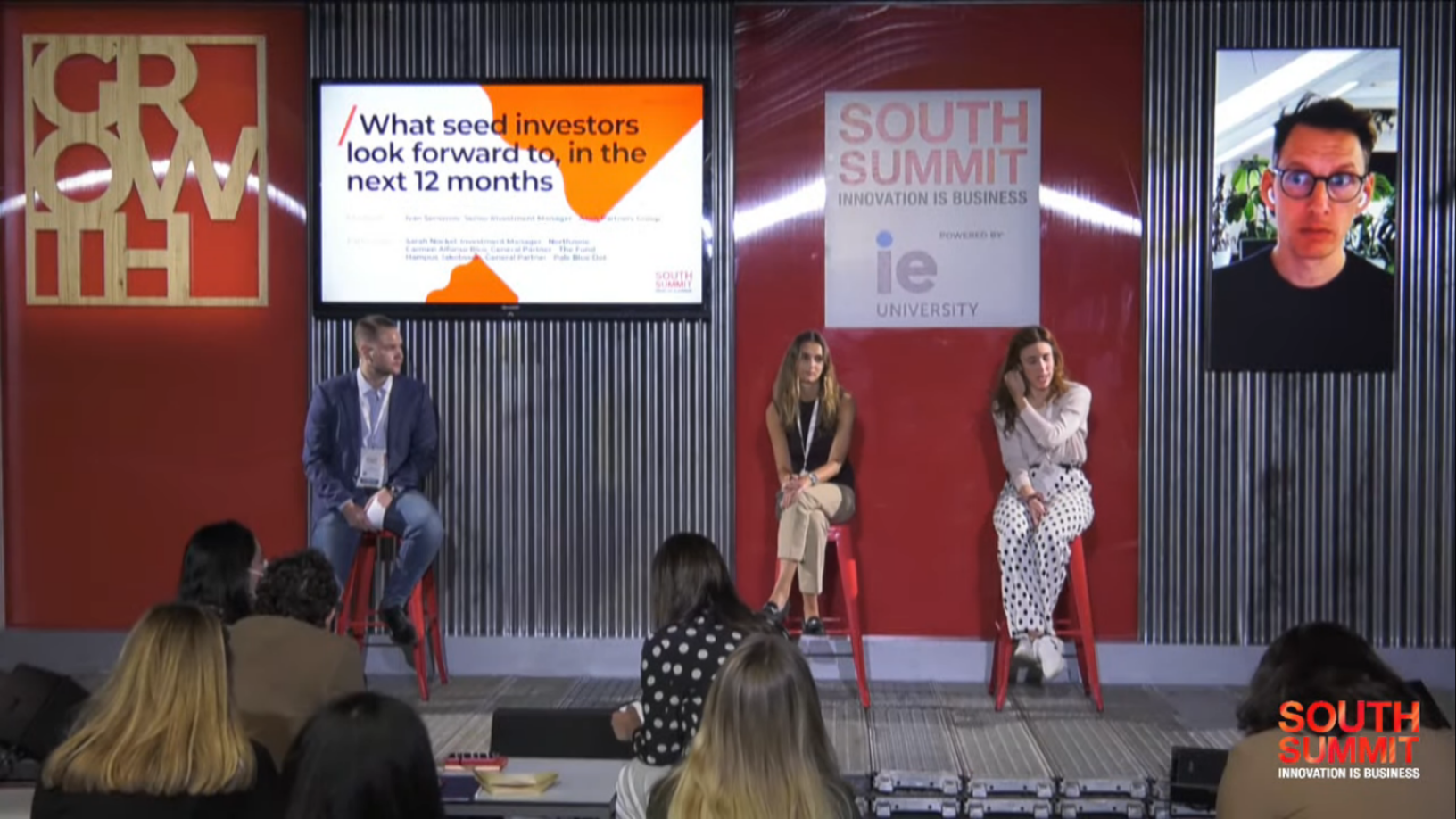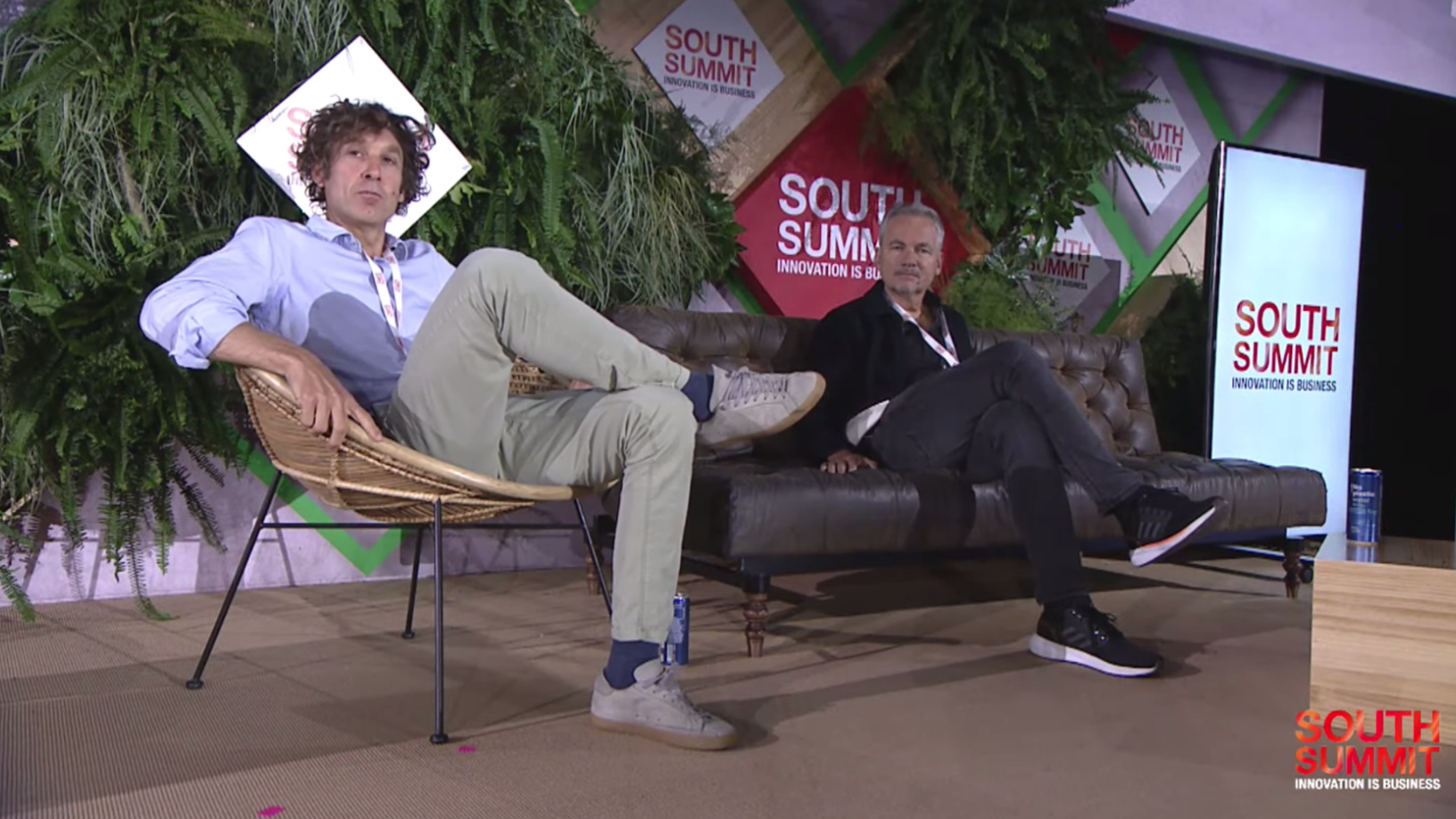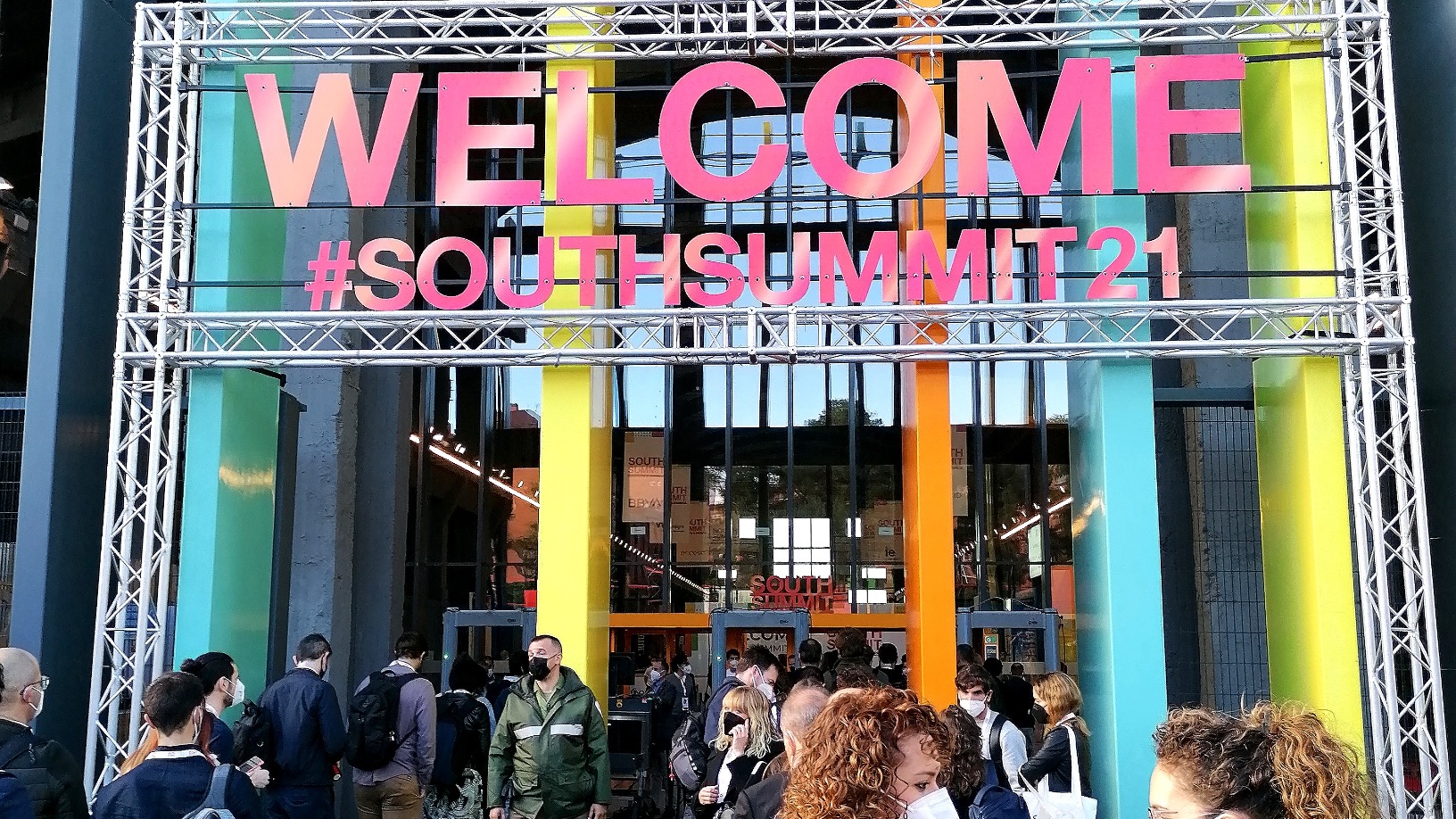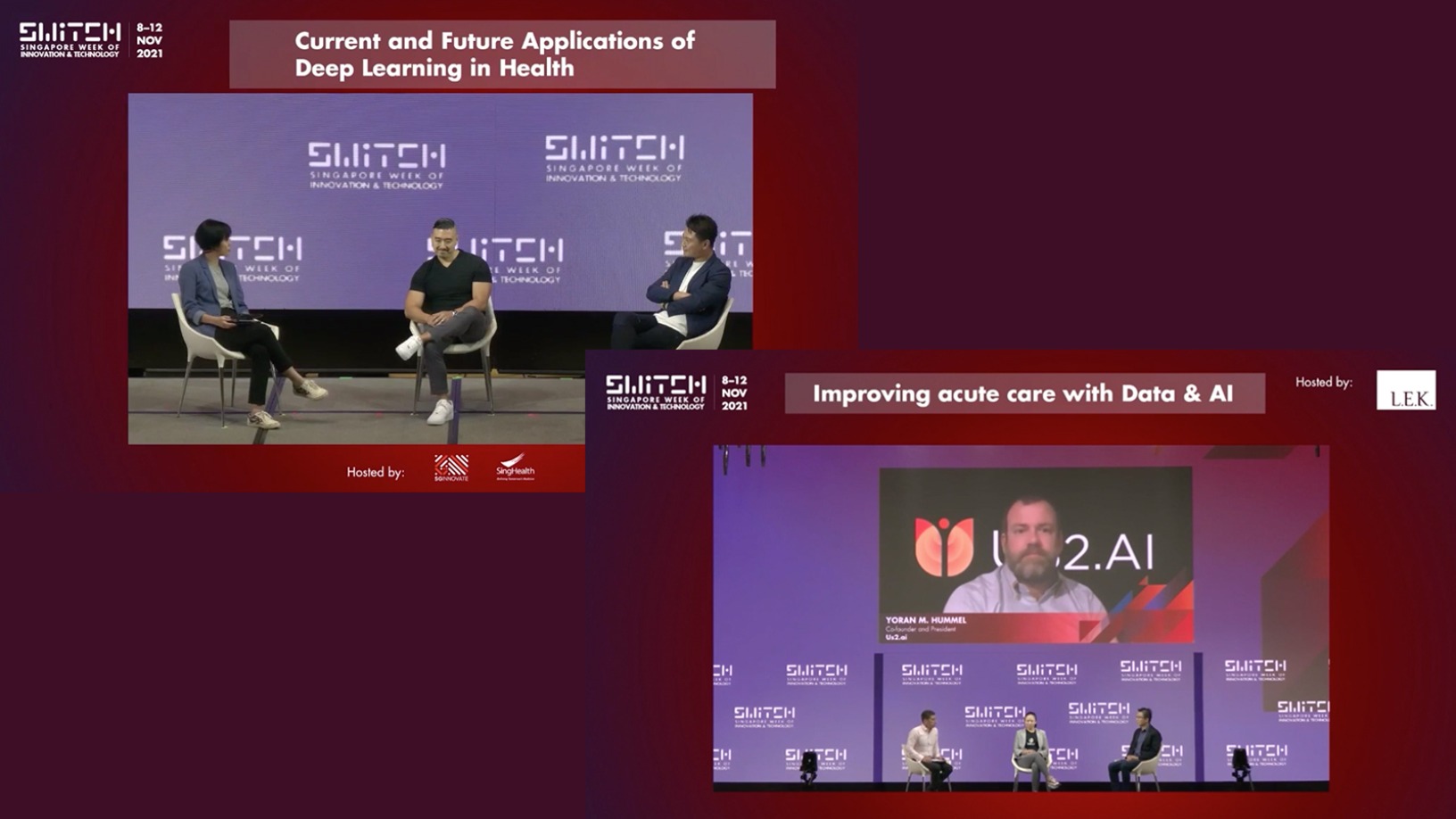From accelerating investment to sector winners and losers in 2021, an international panel of experts met at Madrid's South Summit this week to discuss the outlook for seed capital in the next 12 months, as well as key trends and developments.
Moderated by Ivan Semenov, Senior Investment Manager at Madrid-based VC Axon Partners, the panel included: Carmen Alfonso Rico, Partner at The Fund, a New York-headquartered VC launched in 2020 comprising 400 founders and operators specializing in pre-seed investment; Sarah Nöckel, Investment Manager at London-headquartered VC Northzone, which invests from the seed stage up to IPOs; and Hampus Jakobsson, General Partner at Pale Blue Dot, a Swedish seed stage climate tech investor.
The following Q&A has been edited for length and clarity.
Ivan Semenov: We’ve seen a catch-up in deal activity post-Covid. Even now, investment is still accelerating. Why is this happening?
Carmen Alfonso Rico: Covid leveled the playing field for investing, so now there’s a lot of capital in the market from additional sources. Something else has also happened, which has been cooking for many years: we’ve started to see lots of talent emerging from tech scaleups to launch their own startups.
There's never been such volume of high-quality opportunities in Europe — the past year’s activity is unlike anything I've seen since 2015. There’s also a lot of growth-stage capital that wasn't there before. I think it’s a super exciting time now, for pre-seed companies all the way to unicorns.
How has the way you make deals changed in 2021?
Sarah Nöckel: We have gone back to face-to-face meetings. I think founders and early-stage investors really appreciate that, because that’s something virtual interaction can't really beat. I feel local networks, early-stage investors and angels are still super dominant.
There is a lot of growth capital available now. It's been easier for anyone to seek more funds and it's been very efficient to raise capital — you don't have to go for as many meetings for this as before. This has created a lot of competition. But from an investor perspective, we can meet a lot more entrepreneurs and be very picky, yet still make sure that what we spend most of our time on is worthwhile.
The past year’s activity is unlike anything I've seen since 2015
I feel there's still a strong social component to our work. Even with the pandemic, we would travel within Europe for meetings before we closed deals. I went to France last October and quarantined for two weeks after because I really wanted to meet a founder. I think it's going to be this hybrid setup [between virtual interaction and in-person meetings] going forward.
Hampus Jakobsson: I don't travel. We've invested in 15 companies in 17 months, so that’s almost one per month. We have met just three of these companies’ leaders in person. One of the things that we've been doing is finding local references, so it’s useful to have an expert network and see everybody that someone went to university with. I think that’s worked really well for us.
For us, it's been really good to not meet people in person, actually. We tend to fall in love with founders sometimes, so it's really good for us to not experience that last 20% of their charm, but to be able to turn off the Zoom call and cool down and think about a prospective investment logically.
What has changed for entrepreneurs since Covid?
Jakobsson: Some things we have been discussing quite a lot with our portfolio companies are how to help founders with recruitment and how to work remotely.
I think a lot of really strong talent has left the Googles, Facebooks and Ubers over the last 12 months. Looking at Facebook, I think they will shed a lot of good people in time to come. These people have been working remotely for a year, they're very experienced, they might recruit some of their old Facebook friends and they don't want to be in an office. Having remote teams has kind of become their new normal.
I think hybrid teams are really complicated. What we feel when we meet teams, is that having a couple of people in the team who are very tight although they're physically spread out, is very different from having a remote sales team or a remote development team. I think that we're gonna see a massive boom in people working remotely in US companies. But having too many remote roles can be a problem.
Alfonso Rico: Interests today are global, not local, and so for businesses, communities have also become global. If you have an online community, how do you engage it beyond just the written medium or images, like Instagram allows? In the early days of Covid, somebody who baked cakes in Australia with 30,000 followers could suddenly organize an event in five minutes and engage and monetize their audience. This phenomena wasn't about trying to make an offline event into an online one; it happened completely online and made a ton worldwide.
A lot of really strong talent has left the Googles, Facebooks and Ubers over the last 12 months
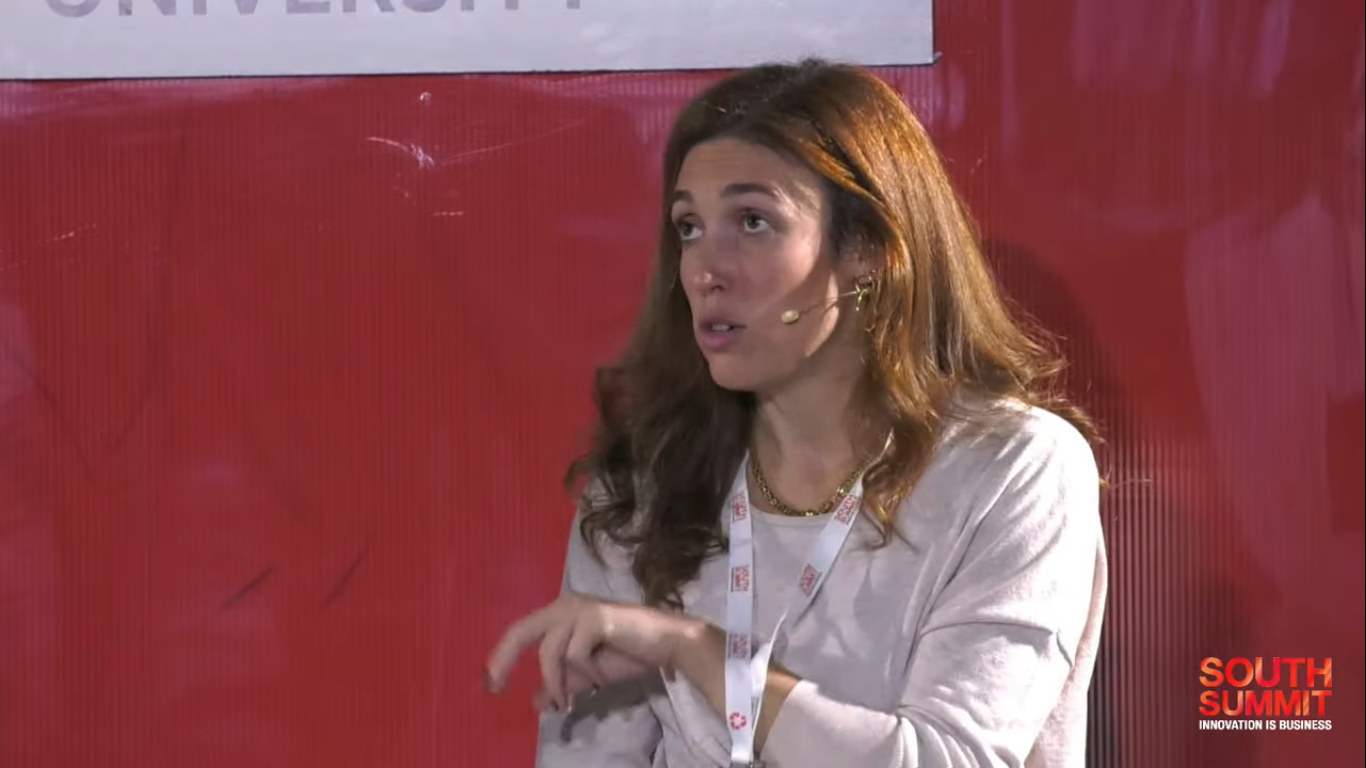
Can you share your thoughts on the winning and losing verticals? Any verticals that have struggled, but that you expect to make a comeback?
Nöckel: A vertical that has suffered is travel, obviously. But what's interesting is we're seeing the emergence of more luxury travel propositions. People are really craving unique, highly-curated experiences now, and those that can afford it are willing to spend a lot more on travel.
Besides online events platforms, several areas are doing very well [since the pandemic]. Looking at our portfolio, B2B mental health is definitely one — we probably don't have to explain that.
Personally, I spend a lot of time looking at more complex data companies. One thing that Covid accelerated was cloud adoption, so all of a sudden a lot of enterprises are moving to SaaS models, adopting [data warehouse cloud solutions such as] Redshift and [Amazon] Snowflake, processing huge amounts of data and hiring data staff. They need new tools to really stay competitive and understand their customers, as well as better tools to store the data they gather. So there's been a huge amount of new data tools popping up in, not only the US, but also in Europe.
Jakobsson: One of the things I saw in the travel segment was a shift to long-term stays. I think all the travel companies that adapted to this were really successful.
The thing I'm really surprised about, is that education has not really changed
The other one I'm really surprised about, is that education has not really changed. I really feel the world is moving so much faster and everything is happening more globally, but it's frustrating that students are still looking at the same set of credentials. In five years’ time, I think we're still going to see universities churning out students the same way. The problem now is that the new startups and all the big companies are hiring, so there’s going to be a crazy bottleneck for talent.
Another sector of focus is climate, of course . I think that was not so much to do with the pandemic, but more an area where the focus has just increased every year, and hopefully will increase further still.
Alfonso Rico: One interesting sector that had a lot of challenges during Covid and which continues to now, for other reasons, is the on-demand economy. Obviously, they're super reliant on supply and initially they were very restricted. Now, the issue they face is that a lot of people who used to work for them have left.
In London right now, it's actually super difficult to find staff for the supply side. And what's interesting — because this is coupled with a lot of concerns over the gig economy and what some call the “new slavery” economy — is that this is giving rise to new platforms with a trade union 2.0 for the on-demand economy, one that is commercially minded. We're seeing some employees from former tech scaleups doing models like that. That’s actually quite an interesting twist to the pandemic.
For the next 12 months, what’s exciting in terms of companies and sectors?
Nöckel: We're excited about a lot of things, not just from a sector perspective, but I feel like you can never really plan ahead that much. The market is changing almost every quarter, sometimes even weekly. Focus is really important right now, as well as knowing what you like and which founders you want to back.
There are obviously a few spaces where we have spent a lot of time especially. Consumer credit is an area we've seen grow. It's literally the oldest product — people have always been lending. We're seeing new models, new ways that credit scoring is being done and new products for the underbanked.
I personally spend a lot of my time in creative tooling, not just because of Covid, but because we have reached a certain point of maturity where there is a need for more business tooling to really empower more people to become better entrepreneurs and to run their business online.
There's a huge opportunity for more verticalized businesses that are really targeted, more toward solo entrepreneurs: tools for accounting, or for marketing and running a business in general.
The market is changing almost every quarter, sometimes even weekly. Focus is really important right now
Alfonso Rico: Europe is booming. I've always felt we were late to the Web and to mobile, and now suddenly, it is the time for Europe. In deal-making and valuation, it is very important to be able to understand where there is conviction, or where it is more fear of missing out. Which sectors is Europe best for, rather than the US or Asia? I think construction tech is very interesting, there is so much productivity to be improved on. Germany and Spain should be at the forefront of anything related to this.
If we think in terms of why this is so: there's a big shortage of developers and a very high churn rate. A lot of the work they do is highly inefficient and this is only getting worse. Moving to cloud and the app-ification of the economy has also made the whole environment much more complex. This means they need either more talent or more productivity, so development apps and tools is another area I'm focusing on.
Many, including Northzone, are investing in startups related to climate now. Have you seen more receptiveness to climate investments over the last two years?
Jakobsson: There are certain kinds of companies that are purely about climate, like those doing carbon measurement. But aside from these I think there are many companies that might not be top of mind when people think about climate, but which are also climate companies.
A lot of us want businesses to focus on the planet in the long term. We know that what we're doing now is not working [in terms of sustainability], so most businesses have the potential to be climate companies. The way we eat is not functional, what we eat and how we get food doesn't work. How we move goods across short distances and people across long distances is completely broken, so is how we build and the materials we use. The last part is transparency: knowing what happens in the value chain or knowing what's material.
For me, every single sector is part of the climate sector. I think that most investors have realized that you don't have to do carbon accounting to be a climate company. You can look at anything really — at how we do it today — and just think of how you do it with either zero impact or in a way that’s positive for the planet.
Many investors have woken up. We’ve had calls asking about our portfolio from every single downstream investor who probably would have never touched a “climate” startup before.
